[ad_1]
Traveling to Japan for the first time? Lucky You! Japan is my favorite country to travel around. It has a unique culture, world-class service, amazing food, polite people, and many things to do.
That being said, arriving here can be shocking for first-timers, so I wanted to put together my top Japan travel tips to help you on your trip! Here they are – in no particular order.
Our Top Japan Travel Tips
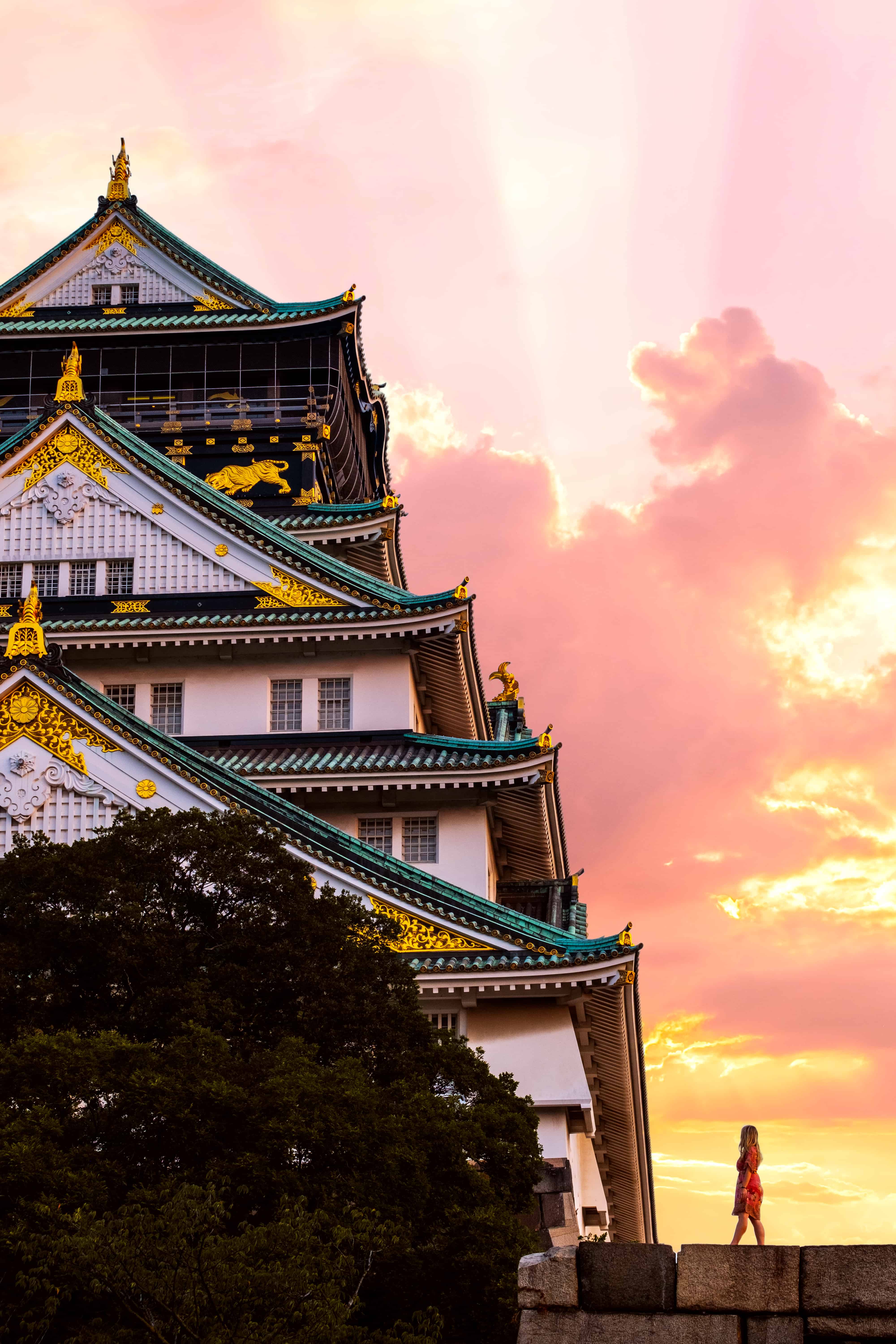
Keep Your Train Ticket On You
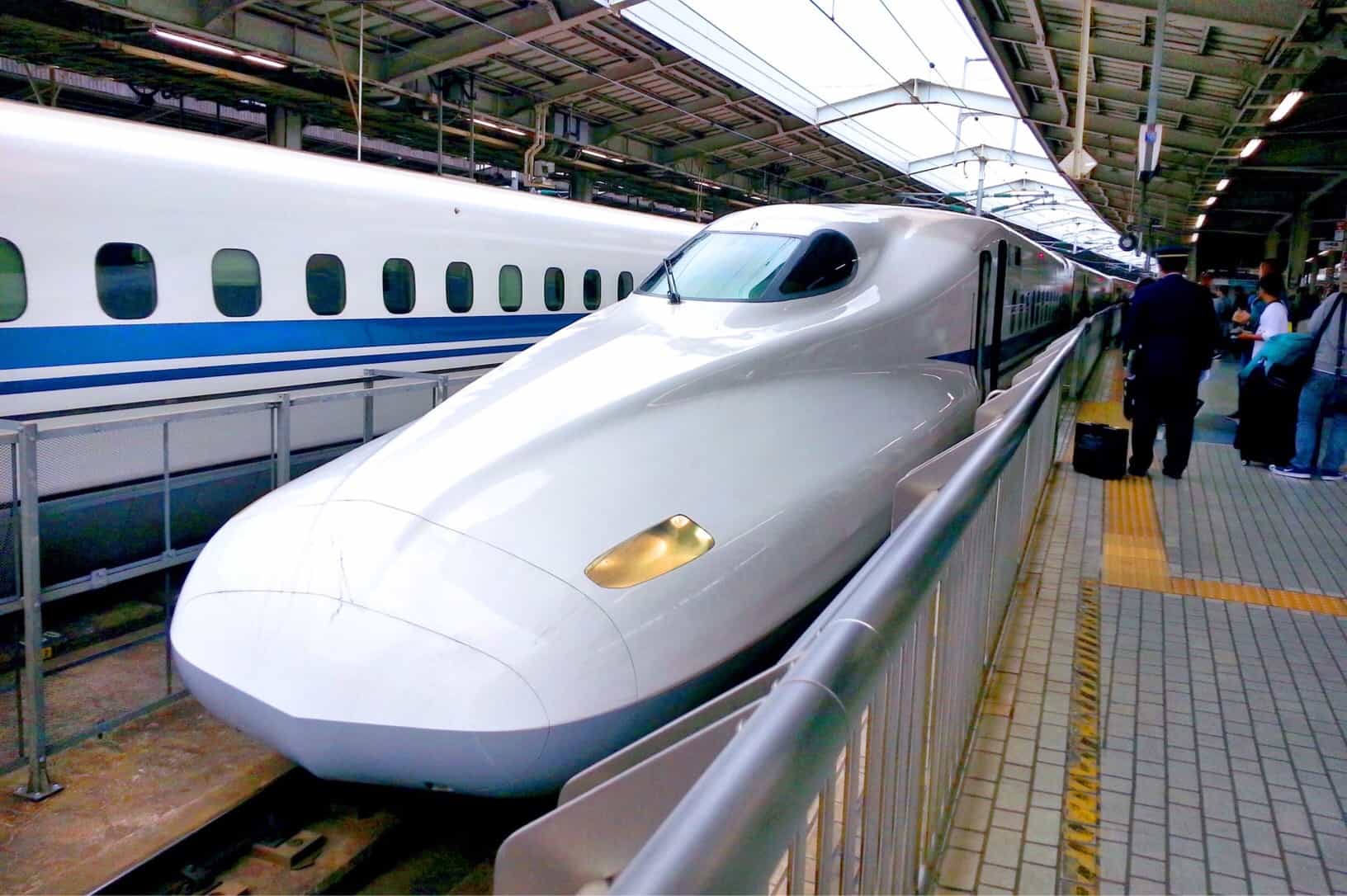
One of my top Japan travel tips is to keep your train tickets on you! On every subway and train you will ride in Japan, you will be asked for your tickets at the beginning, during the trip, and at the end when departing the train station.
Even in the country’s remote areas, we have been asked to show our tickets by either a person or a machine collecting them. So don’t throw them out or forget them on the journey. If you lose your ticket, you might get off lucky as a clueless tourist once or twice, but I wouldn’t count on it.
Get a JR Pass before you travel around Japan!
Eat Before You Get on the Train
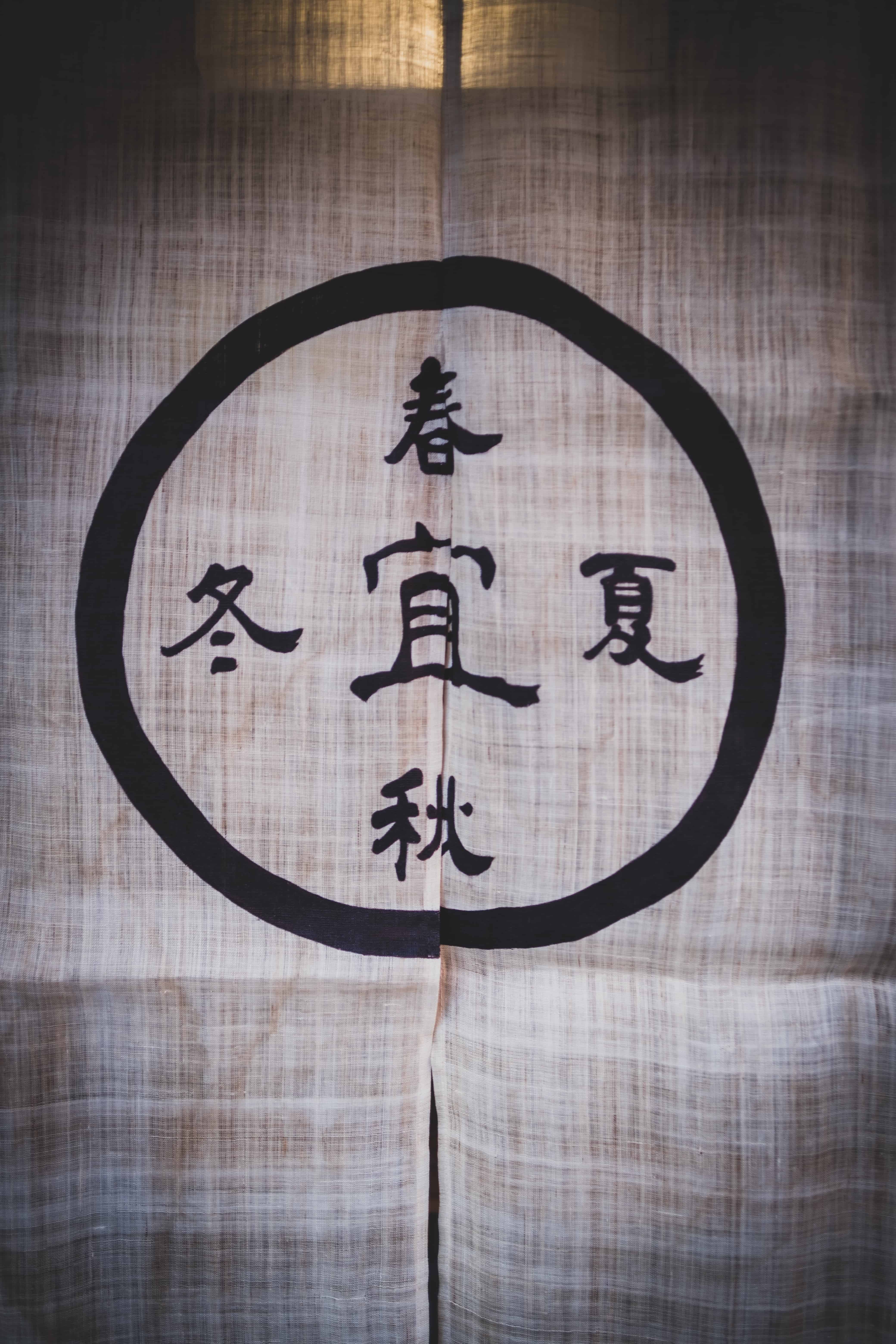
Another one of my random Japan travel tips is to eat before you get on the train. There are no vending machines or many food carriages on the trains in Japan. We learned this the hard way when we didn’t have time to eat breakfast before boarding a five-hour train ride to Shingu.
After realizing we didn’t have time to grab a bite to eat before boarding, we just thought we would buy something from the train’s food cart or vending machine. No-go. After scouring the train and asking the train conductor in broken Japanese, I found out we were out of luck and would go hungry for the remainder of our journey. We resorted to hopping off the train during our one-minute stops and rushing to the platform vending machines. Not ideal.
You can eat on the trains (make sure to take ALL your trash off with you), but you’ll have to board with your food from the convenience store. Or grab something to eat before your journey if it’s long. Because I love to eat, this is one of the top things I wish I had known before going to Japan.
Japan is a Country of Rules and Norms
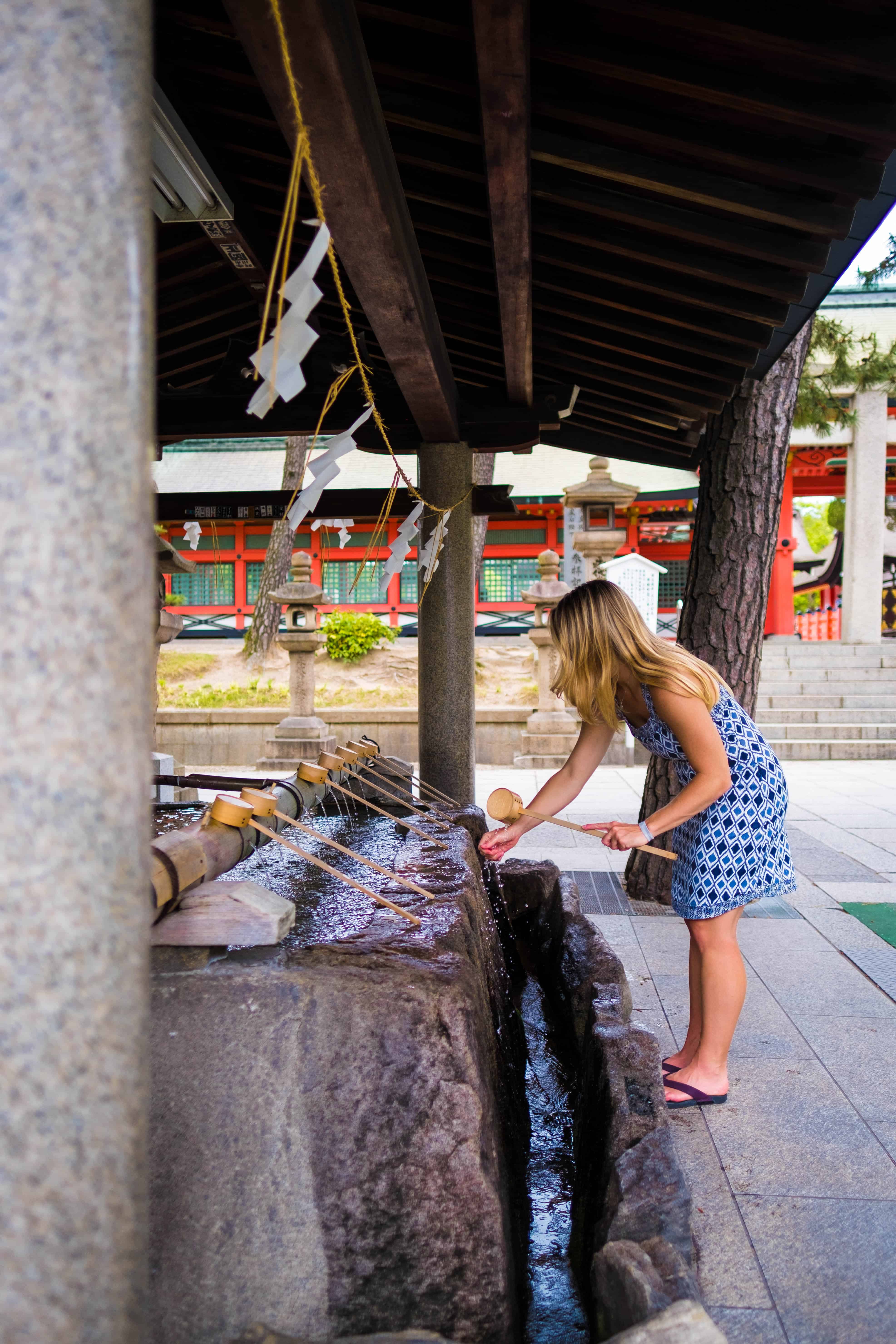
I have to mention in these Japan travel tips to respect the rules. Japan has a rigorous cultural society, and we aren’t used to many ways of life as outsiders. There are many unsaid “rules” to try and follow, even as a gaijin (Japanese for foreigner). It is derived from the words “gai” (outside) and “jin” (person).
I put rules in quotations because, while they are often not laws or set rules, respecting all social norms and customs is advisable.
Things I always notice as soon as I am in Japan are:
Be on time. It is very disrespectful to be late in Japan.
On an escalator, there is a side for walking and a side for standing. This is the same in many other places but is socially enforced in Japan.
Don’t hesitate to bow. Men bow with their hands to their sides. Women bow with their hands together in front.
Present business cards with two hands. When you pay via credit card it will often be returned to you from the clerk with two hands.
Never stick your chopsticks upwards in a bowl of rice as that is how rice is offered to the dead.
Never wear your shoes inside especially on tatami mats. Slippers will be offered and are for indoor wear.
It is considered impolite to leave a tip.
Respect the elderly.
Don’t litter. You are expected to clean up after yourself and take care of your own trash and the mess you create.
Always wash before you enter an onsen. Always.
Avoid speaking loud or causing a scene in public.
Do not point your finger at anyone.
Avoid heavy PDA (public displays of affection). Holding hands is okay, but making out is not.
I could probably make a whole post about the cultural norms and expectations in Japan, but the best thing to do is go and experience it all for yourself and adapt. If you do break a rule it’s okay, the Japanese understand that you are a foreigner and may not know their rules.
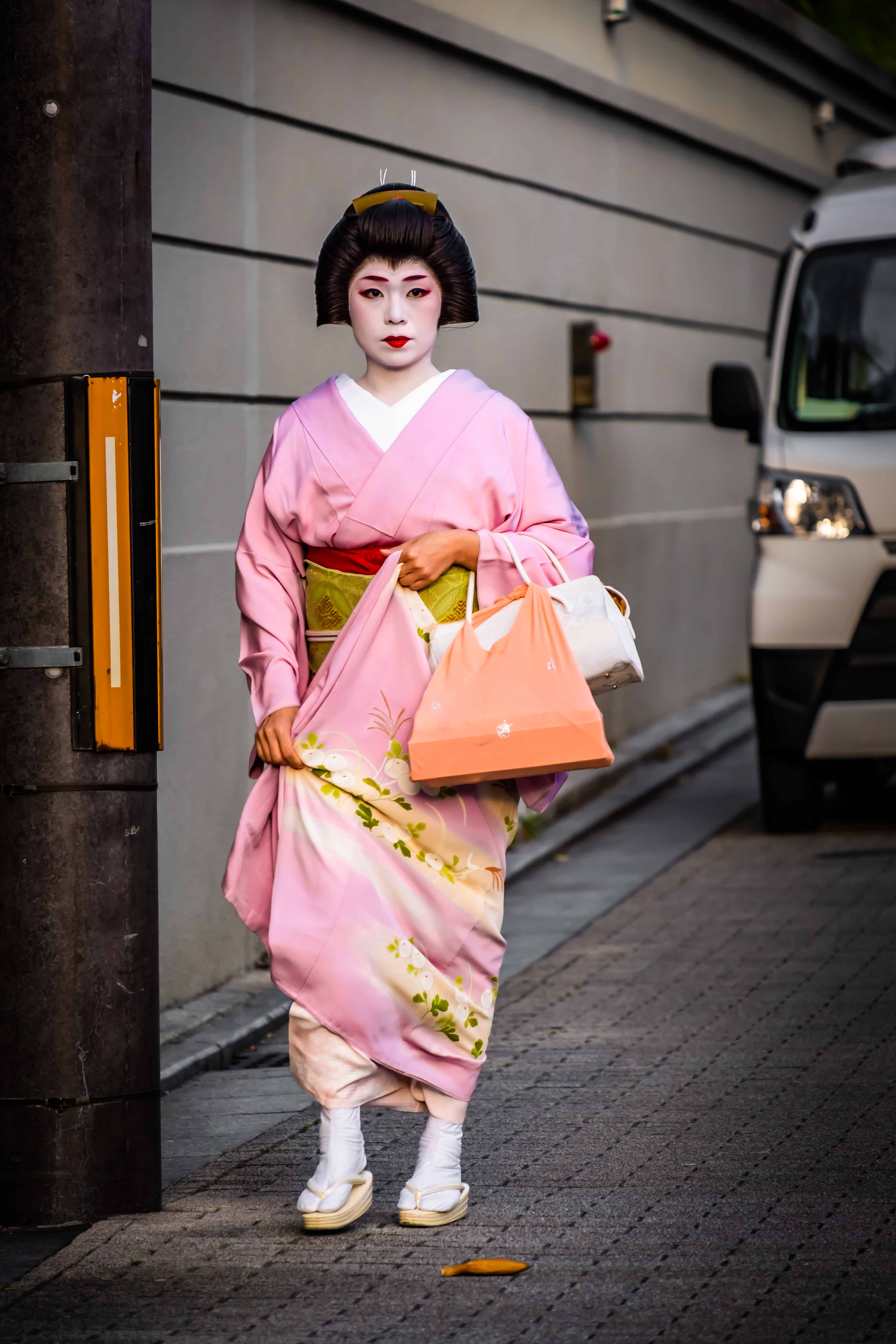
Learn a Few Words of Japanese!

Many Japanese cannot speak English well, so it would be in your best benefit to learn a few Japanese words before arriving to Japan. Things like Arigato, Konnichiwa (Hello), Arigatō (Thank you), and Hai (Yes) can really go a long way.
However, a golden tip for traveling to Japan is to learn the word Sumimasen. If you can only remember one word in Japan, make it Sumimasen (excuse me), which can be used when calling the waiter over to order your food or bumping into a stranger and many other instances!
Don’t Expect Many to Speak English
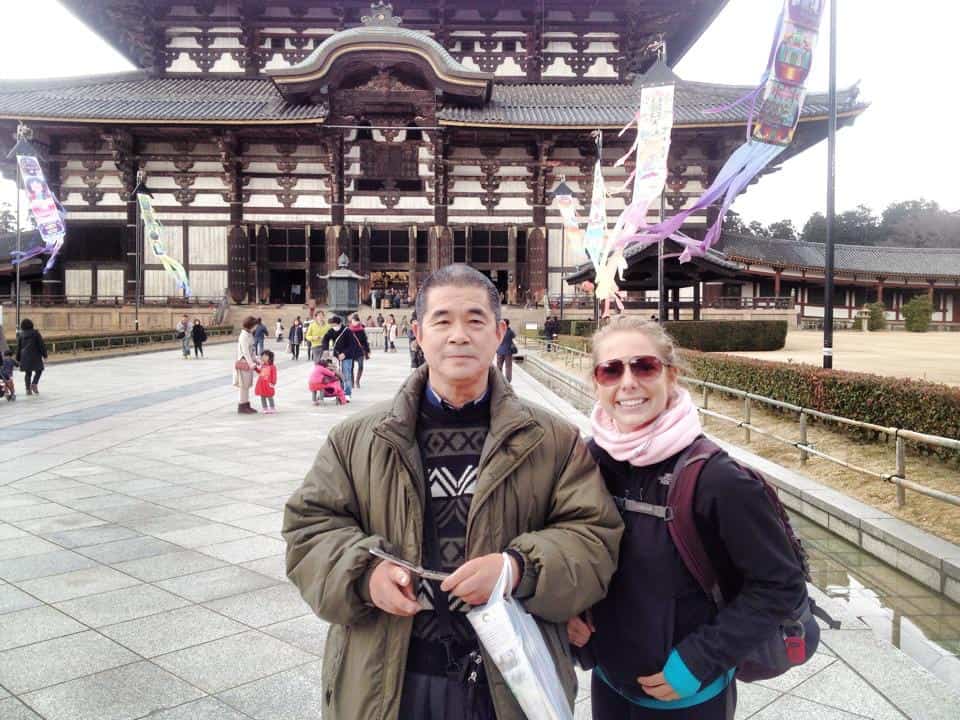
Bringing me to my next point – English in Japan. While you may be used to traveling around the world and being able to connect with the local people via some degree of English, I wouldn’t count on it in Japan.
Every time I return to the country, I forget how little English people speak. Even simple words that you can usually convey in other countries are typically a no-go here. I find it endearing, and it’s part of why I love Japan so much. Truly a world away from the world.
Throughout history, Japan has been a closed-off society. Would you believe that almost 99% of the country is Japanese? The result is a unique culture with little Western influence and little English. So don’t be surprised if you ask questions or try to converse with people, but don’t receive much of a response. It’s not because they are rude, they simply know they can’t speak your language, and you likely can’t speak Japanese.
However, It is becoming more and more common for the younger generations to know a bit of English. I’ve had many situations getting approached on the streets, in hotels, or even in public bathrooms with younger Japanese wanting to practice their English with me.
To help you cope, download Google Translate to your phone. We also found many Japanese business owners with translator devices which came in incredibly useful.
Experience a Japanese Onsen

Visiting a Japanese Onsen or Japanese sento should be at the top of your things to do in Japan list, even if you only go once! An onsen is a Japanese hot spring where visitors are separated by sex and can soak naked in the warm water, usually outside. It’s culturally unique and only something you can fall in love with in Japan.
An onsen is incredibly relaxing, especially during the winter months and an experience to be had. As Japan is a volcanically active country, there are thousands of onsens scattered throughout.
Don’t be shy! Everyone in an onsen is naked, and no one cares that you’re naked. You should not wear a bathing suit in an onsen and some traditional onsens even ban tattoos, so check accordingly if you have them.
Onsens are separated by sex and you are required to wash your body before entering and many times you will also wash afterward to remove the minerals.
Book an Onward Flight Beforehand


This may not be one of the most well known Japan travel tips, but it could save you in a pinch. Every time I have traveled to Japan, I have been asked for proof of onward travel by the airline I am traveling with. If you plan to travel to Japan on a one-way ticket you may have problems with the airline taking you in.
The Japanese Immigration Bureau has regulations about acceptance into the country on short-term visas, and ask that air carriers check for proof of onward travel. Of course, this is dependant on your passport, so check with your embassy first.
If you do hope to enter Japan on a one-way ticket 50% of the time you’ll probably be okay and let in. However, if you are denied boarding, it’s always a good idea to have a backup plan.
You can buy the cheapest flight out of Japan to provide proof and figure the rest out later, or you can buy a ticket and cancel it within 24 hours – which many airlines let you do. Or you can arrive to the airport with a travel plan just in case you asked and follow through with it if the gate agent happens to check.

The risk is all up to you, but I would advise at least getting to the airport early so you have the time to figure it out without missing your flight. We’ve arrived at airports early before so we could step out of line, connect to WiFi, and book a last minute ticket just so we could check into our flight.
You Don’t Have to Tip

One of my top Japan travel tips is this one! Although the service in Japan is some of the best in the world, tipping pretty much does not exist. If you leave a few Yen on your table, it will likely result in your waiter running after you to give it back.
It’s considered an insult to leave a tip throughout most of Japan, so just enjoy getting top-notch service without paying extra.
Take Care of Your Trash

Japan is the cleanest country I have ever visited; another Japan travel tip is to keep it that way as a visitor. That being said, finding a trash can can sometimes be downright impossible. The Japanese are taught to clean up their messes from childhood, even if that means carrying their trash with them until they can properly dispose of it.
There was also a deadly terrorist attack in the Tokyo Metro in 1995, where trash cans were used to hide weapons, and the result was the removal of many trash cans.
Japan is very strict about separating its trash and keeping the streets clean despite the lack of trash cans. However you can still sometimes find them on train station platforms, in parks, and near convenience stores. But it may make you think twice about getting a takeaway coffee cup, as you may be walking around with the cup for awhile after you finish.
Appreciate the Japanese Toilets
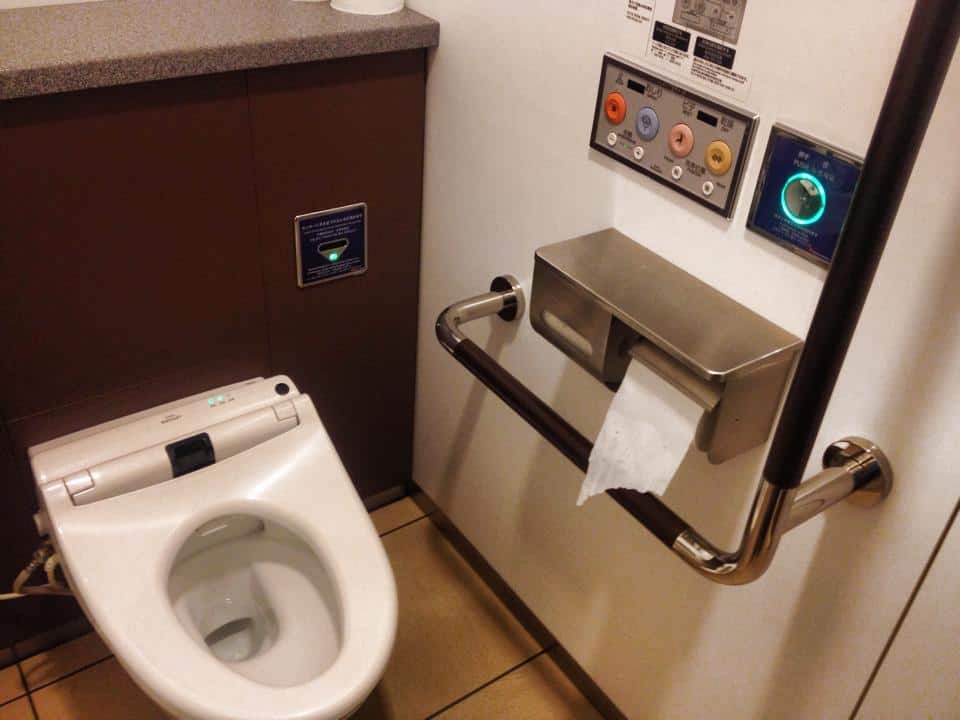

This is one of those Japan travel tips you won’t appreciate until you leave Japan. But I’m not sure there is anything better in this world than a Japanese toilet. Yes, I just referred to a toilet as the best thing in the world, and you likely will, too, the first time you sit on a warm Japanese toilet seat. A Japanese toilet is nothing short of hygienic.
They are almost fully automated, so you don’t have to do anything – not even wipe. For starters, I’ve yet to sit on a toilet in Japan that isn’t heated – which feels wonderful on a cold winter day.
It doesn’t stop at the heated seats, they have a spray function for your rear and front side for the ladies and an air dryer. In addition, they often come with sound effects so no one will hear you doing your business.
I know it may not sound like much, but even writing this, I’m realizing that I am raving about a freaking toilet, but just wait until your first time on one, then get back to me!
Rely on Hotel WiFi

Along with trash cans, another thing I find Japan lacks is free public WiFi. If you are out and about for the day and find yourself in need of internet, you’ll likely have to pop into a Starbucks to get it. If you are outside a city and there is no Starbucks to bum WiFi from you’ll likely have to deal.
Also – data is very expensive in Japan, so you may want to look at your cell phone providers’ international plans instead of picking up a sim card.
Side Note – Despite having a job that relies on a WiFi connection, we have never purchased a SIM card or used international roaming in Japan. Instead, we get most of our work done when we return to our guesthouses in Japan. Almost all accommodations in Japan will have reliable WiFi. The internet speeds in Japan are blazing fast.
Another option is to get an eSim with airalo!
Stay at a Ryokan

A ryokan is a traditional Japanese Inn, typically family run and serves a delicious kaiseki meal for dinner and one of my top Japan travel tips is to book one! They aren’t cheap, but they are unique to experience at least once on your trip to Japan.
In a ryokan, you will sleep on a tatami mat, which is a specific type of flooring used in Japanese rooms. More on that later. If you are heading to Japan, I highly recommend seeking at least one Japanese ryokan to stay at during your trip. Not only do they look cool, but they’ve also played a role in Japanese culture since the eighth century!
Sleep on Tatami Mats

A tatami mat is a specific type of flooring used in Japanese rooms. It’s traditionally made using rice straw to form the core. You can find tatami mats in many Japanese homes and traditional Japanese inns (ryokans.) When you find them in your accommodation you’ll find that a roll out bed will be on the floor and you will sleep right on a futon that lies on the ground.
If you are heading to Japan, I highly recommend seeking at least one Japanese ryokan to stay at during your trip. Not only do they look cool, but they’ve also played a role in Japanese culture since the eighth century!
Punctuality is Key

Are you someone who tends to run late? It’s okay if you are – I am chronically late to everything. Except in Japan, I strive my hardest to be on time. One of my top Japan travel tips is to always be on time. As mentioned, Japanese culture is strict, and being punctual is a way of life. It’s disrespectful if you are late, even as a gaijin 😉.
Oh and if you are trying to catch a bus or train and show up late, you may as well forget it and plan for the next one. Transportation in Japan always runs on time.
Japan is Not That Expensive

Japan is known for being an expensive country to travel through, but I find that an unfair assessment. In my experience, you can easily get by in Japan for less than $100/day. You can see my full Japanese budget breakdown here.
Sure it’s not the Philippines or Vietnam, but it’s certainly not Iceland or Switzerland, and a destination you can visit on a moderate budget. Food, I find is a particularly good deal, especially for the superb quality.
Attractions are also fairly priced, and if you are traveling in the off season you can generally find exceptionally clean accommodation for 2+ people for under $100. The only thing I find notoriously expensive in Japan is rail travel, so if you plan on traveling by rail extensively…
Get a JR Pass


If you plan to travel large distances around the country you will spend a fortune on rail travel unless you have a JR Pass. The JR Pass is only available to foreigners visiting Japan and is a discounted rail ticket on Japan Rail trains. Yes, this includes many Shinkansen (bullet trains).
The first time I traveled to Japan, I visited ten destinations in three weeks, and the JR Pass was vital to my transport.
On our last winter trip, we were only in Hokkaido, and decided we weren’t traveling extensively enough to justify a rail pass and ended up booking any transport day of, which was okay because of our schedule.
On our last spring trip, we decided to forgo a rail pass again since we didn’t think we would be hopping around that much, but after we arrived and paid for just two ridiculously priced train tickets, we knew that a JR Pass would have saved us money.
So do your research before you arrive and decide if you think you will need one or not. In my experience having the pass meant my travels around Japan were limitless. Here’s all you need to know about getting a JR pass.
Look at the Train Schedule

Speaking of trains, make sure to look at any train and subway schedule beforehand. Although cities like Tokyo and Osaka have major populations, it’s surprising to know that their transit system is not 24 hours.
This means if you arrive at the airport after midnight, you may not have affordable transport into the city until morning again. Cabs are pricey in Japan, and I guarantee you won’t want to be taking one a long distance (unless you’re a millionaire). You can check train schedules on Hyperdia.
Always Have Cash


Japan is a cash society and not every restaurant, bus, or subway station will take credit card. One of our most essential Japan travel tips is to always have Japanese Yen on you when you are out and about.
Some places where a credit card is typically accepted are convenience stores like 7-11, Lawsons, and Family Mart. As well as tourist souvenir shops and hotels.
Is Japan Safe to Visit?

YES! Japan is one of the safest countries in the world. On a Global Peace Index they rank number nine out of all the countries in the world. Given their huge population size of 126 million people, that is quite impressive. Canada is the only country that ranks higher than them that is “close” in population at a mere 35 million people.
It’s one of the best countries to travel for solo female travelers as people are respectful. The chances of being hurt by violent crime are exceptionally low. Fewer than one person is murdered for every 100,000 in the population, compared to 4.8 for the United States and 44.7 in Belize. Japan has strict gun laws, a stable society, with low inequality, and high levels of education.
Unlike many other parts of the world, or even my own home country, I feel safe in Japan walking alone at night as a solo traveler and I have never felt preying male eyes on me. For the most part, everyone here minds their own business!
Call Your Waiter for Attention

This may catch Americans off guard, who usually are prompted by waitstaff by different steps throughout the restaurant process. However, in Japan, it is up to the customer to call over the waiter when he/she is ready to order or needs something.
You Need an International Drivers Permit to Drive in Japan

This was another thing we learned the hard way when we were already in Japan and on our way to Niseko Ski Resort. Unlike many other countries that let you rent a car off just your license (as long as it uses the Latin language), in Japan, you need to go the extra mile.
To rent a car in Japan, you must have an International Drivers Permit. An IDP is different than your regular license and must be certified in your home country beforehand. For Americans, this can easily be done at AAA for $20.
No car rental company will rent to you in Japan unless you have one, so make sure it’s done before you attempt to pick up your rental.
The Japanese Do Not Jay Walk
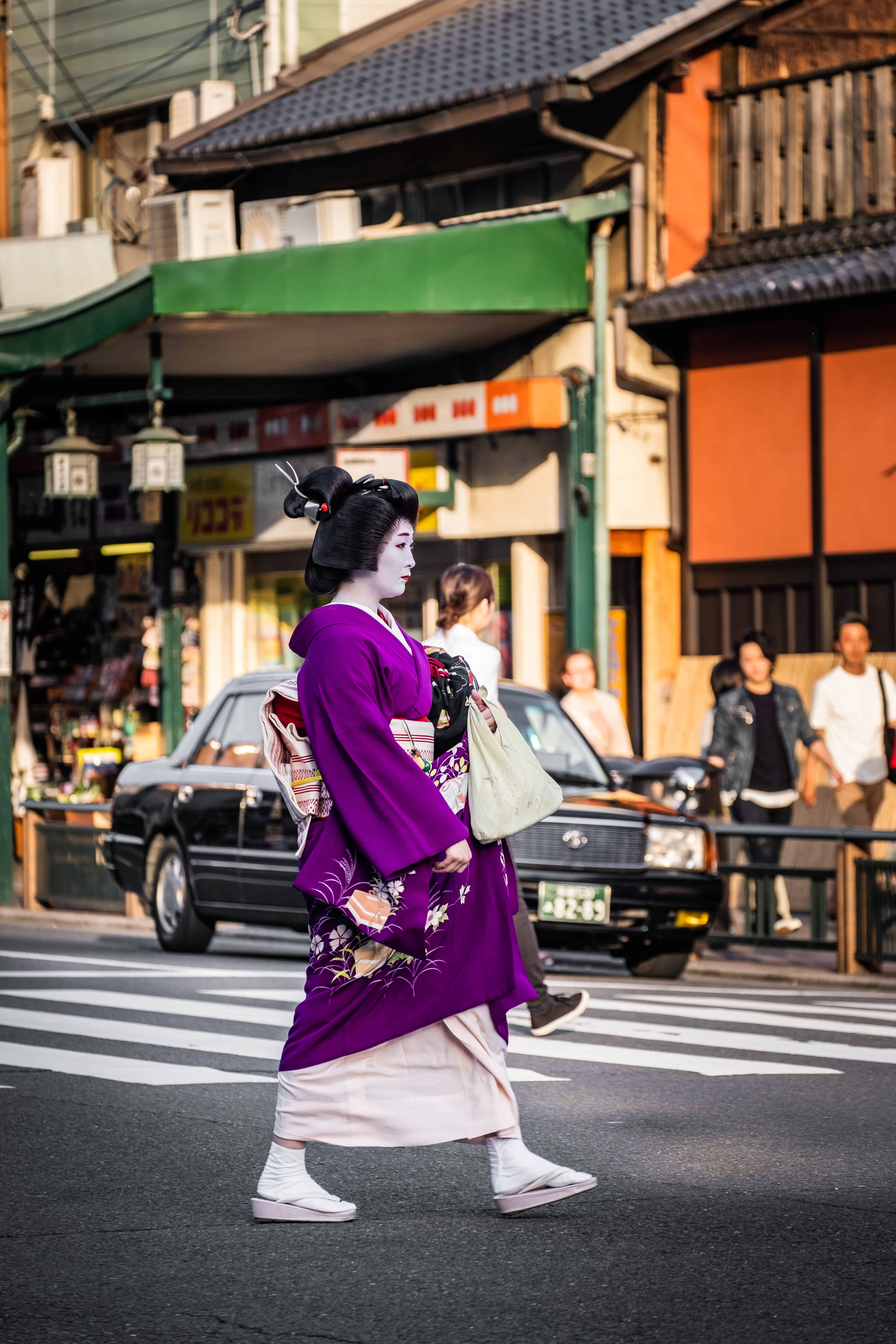
I suppose this could go under the “rules” section, but I thought I should note that the Japanese do not Jay Walk and wait patiently for the “walk” light before crossing the street.
Even in the most rural of towns with NO cars around at 10 pm we’ve seen the Japanese wait patiently for their turn to cross the road. I would recommend you wait with them or sneak a street crossing in when no one is looking.
Dress to Fit In!
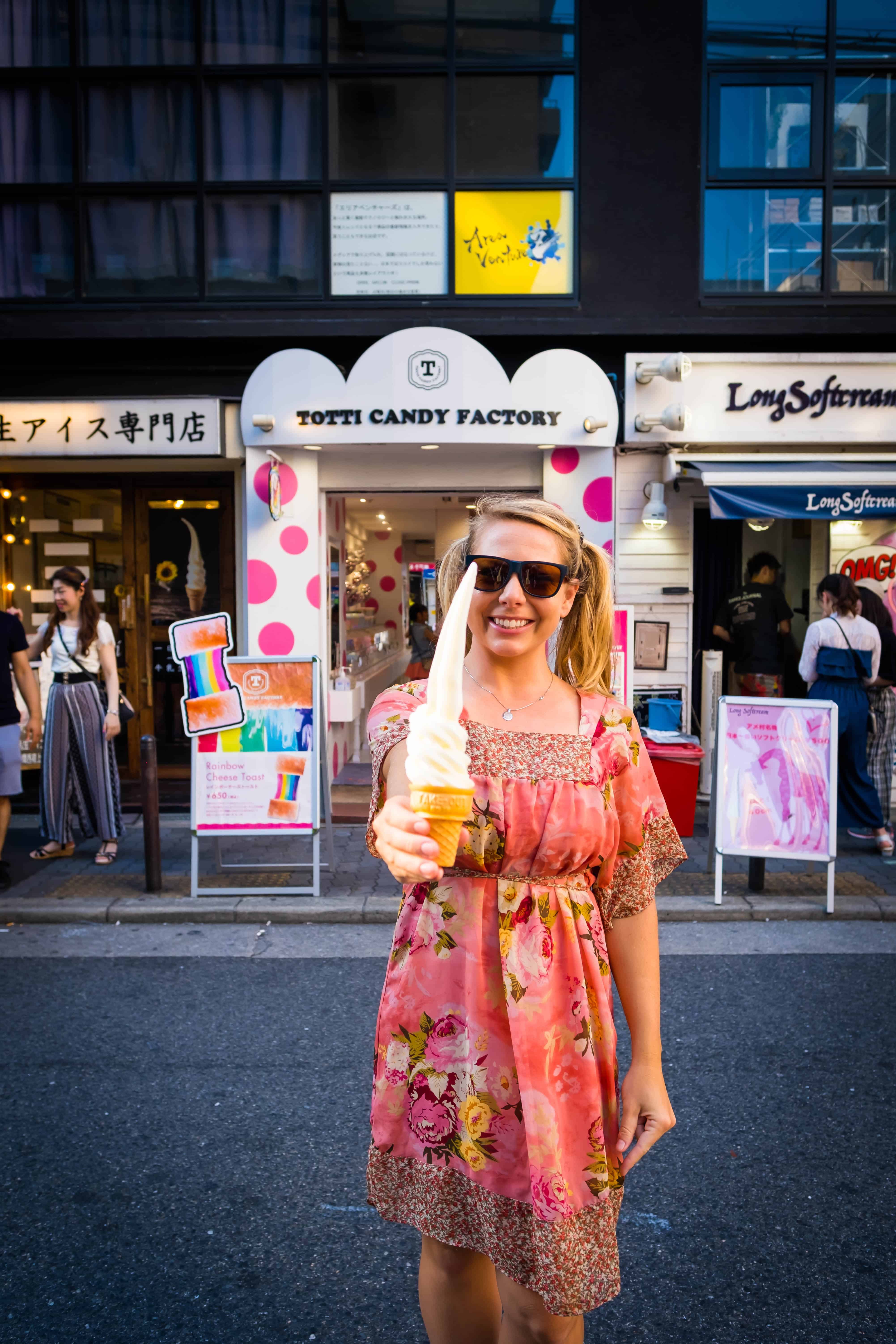
Wondering what to wear in Japan? Not hiking or sports gear – or what I like to call the “North American getup.” While yoga pants and tank tops may look cute and stylish back home, it’s not really a style seen on the streets of Japan. Instead, it’s best to wear a more casual chic outfit if you want to blend in.
For women, this could mean a flowy dress with sleeves or stylish jeans with a cute sweater and a pair of flats, while men can get by in chinos and a v-neck.
I’m not saying you can’t wear Patagonia and Columbia gear; the Japanese certainly aren’t going to say anything to you, but you will likely stand out (more than you already do) from the crowd.
Don’t Bother With Sleeveless Shirts

I should also mention that the Japanese don’t seem to like to show their shoulders. I didn’t realize this until after I showed up in the summer with plenty of cute sleeveless dresses – it gets HOT in Japan!
Then Cameron pointed out to me that I was the only person he had seen in days showing shoulders. Any length of shorts or skirts seems appropriate – Japan is a leg country. However, showing the chest and large amounts of cleavage is a no-no, and you likely won’t see anyone but visitors wearing halter and tank tops – especially in rural Japan, where many older Japanese citizens are.
Buy From Vending Machines!

The sheer amount of vending machines in Japan is impossible to ignore. I think I read somewhere that there are over 5 million vending machines in Japan and you can get almost anything from them. Of course, there are regular things like Coca-Cola and shrimp crackers, but then there are books, batteries, bras, umbrellas, bottles of sake, heck in some places it’s even how you order your dinner.
There are several reasons Japan has so many vending machines. For one, it’s a cash-based society – perfect for vending machines. The cost of labor is also exceptionally high, so with a vending machine, you eliminate the need for a sales clerk. Japan is one of the safest countries in the world, and the thought of vandalizing a vending machine is almost unthinkable.
People are also busy here – Japan is a workaholic country. Why go into a 7-11 when you can hit up a vending machine. Vending machines offer competitive prices for basic products. So, don’t skip going to a vending machine in Japan, although it will be hard to avoid one!
Learn Oshibori Etiquette
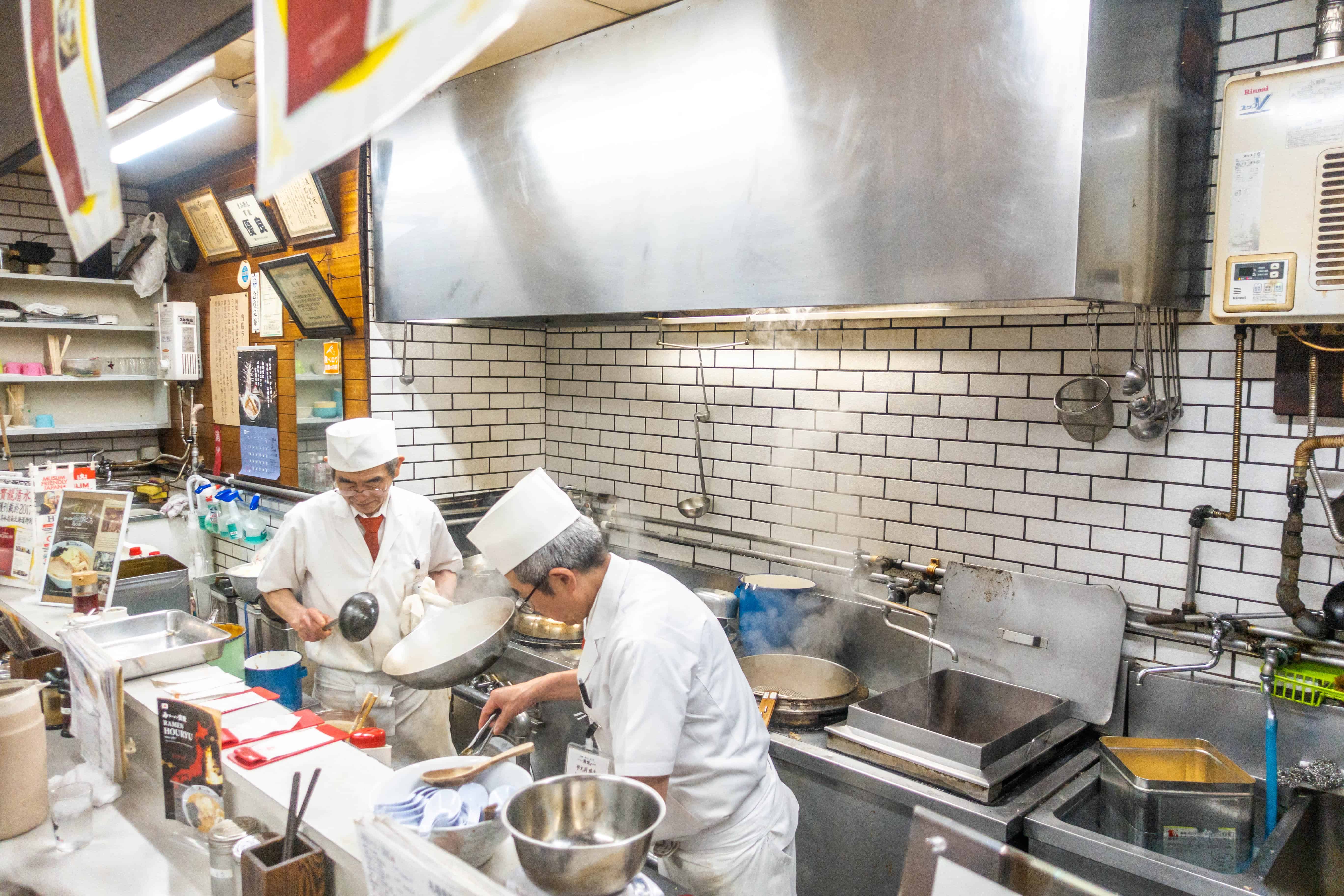
An Oshibori is something you will see frequently when dining in Japan. This is a Japanese wet hand towel offered to all customers to clean their hands before eating. Typically, an oshibori is cold in the summer and warm in the winter. It is not for your face.
It should be used to clean your hands and then you should roll it back nealtly like how it was given to you and use it if needed throughout the rest of the meal.
Eat All the Japanese Food You Can!

There is so much amazing food in Japan; you would be a fool not to try and eat as much as you can. Of course, everyone knows that sushi comes from Japan, and should be devoured many times in the country. It’s going to be the cheapest, freshest sushi you’ll ever get your hands on.
However, many other notable Japanese dishes are delicious and well worthy of your time and money. Some of my favorites are Ramen, Udon, Soba, Genghis Khan, Okonomiyaki, and Yakitori. And then, of course, there is Matcha – matcha lattes, matcha ice cream, matcha pancakes, matcha everything!

If there’s anything I’m not afraid to spend my money on while in Japan it’s the food (and the sake), make sure to try it all!
Convenience Stores Are Everything in Japan
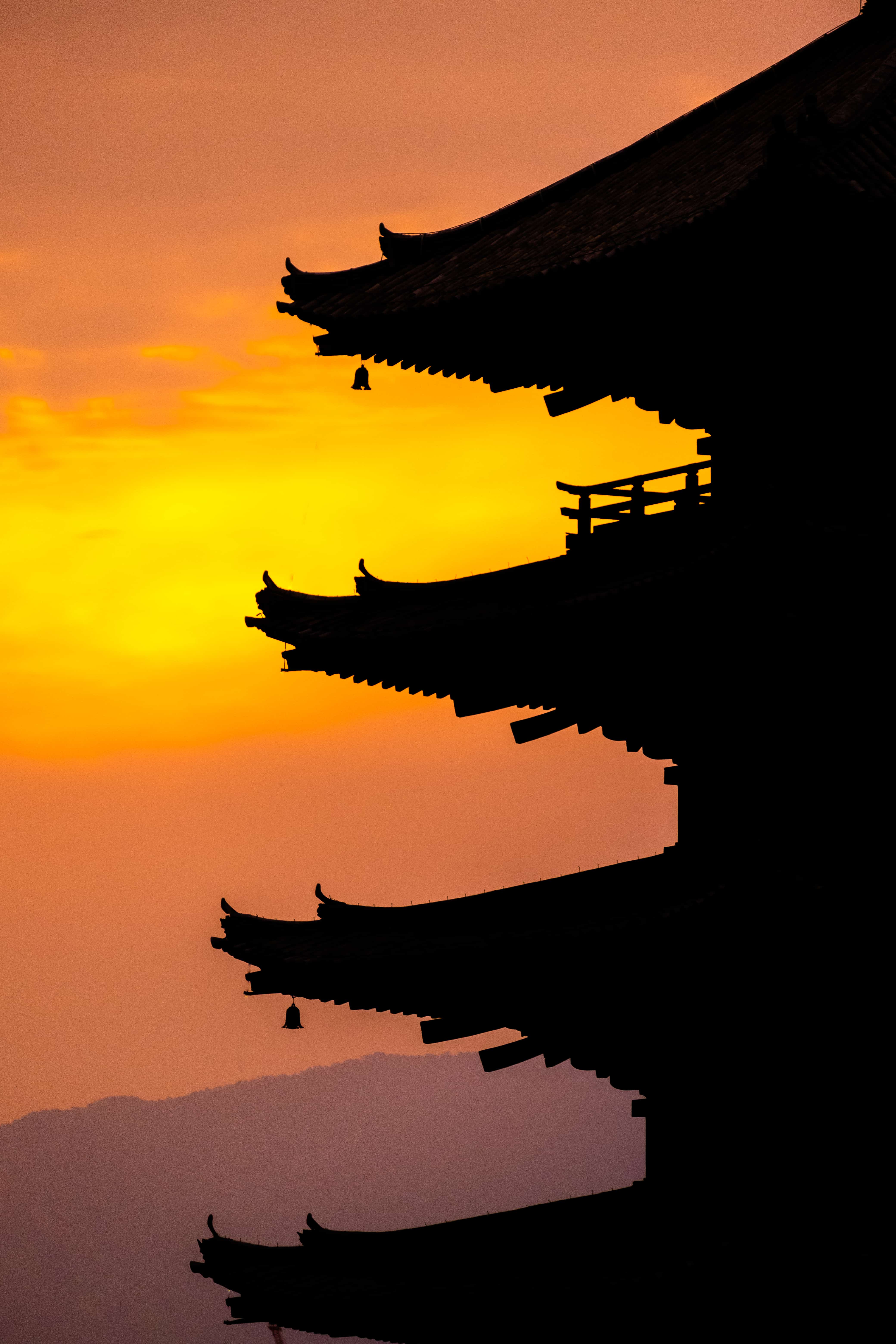
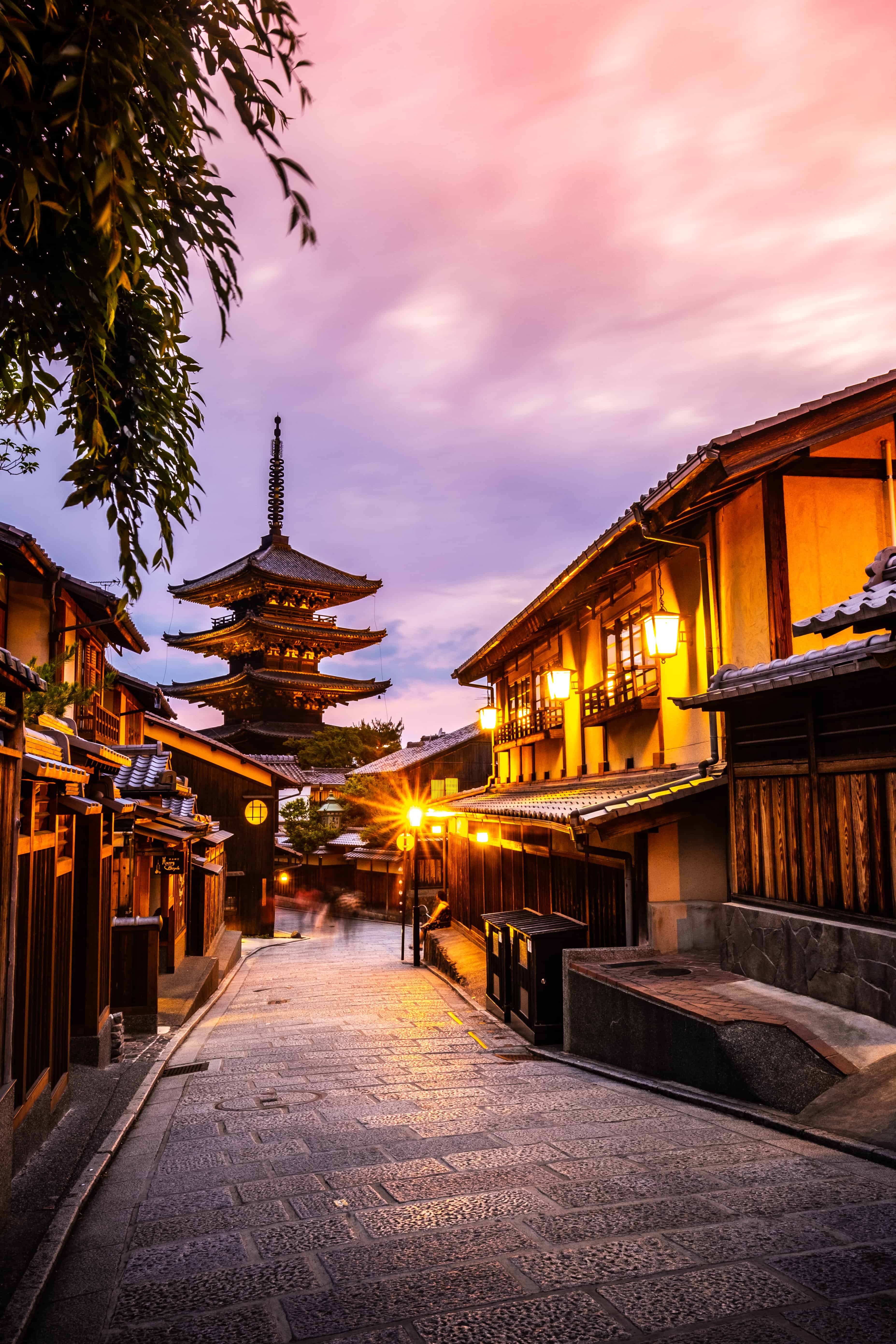
If you find yourself in a pickle and it’s too late or too early to score some food at a restaurant – never fear! Convenience stores can be found on almost every block in Japan. Lawsons, 7-11, and Family Mart are the three main ones you will see, but there are also a few others around too
Convenience stores in Japan are unlike other convenience stores around the world. You can literally get anything you want at them including ready-made Japanese meals like Udon and Tempura. You can also find sake, plum wine, whisky, iced coffee, pastries, matcha balls, and, of course, pornographic magazines.
Make Sure You Have Travel Insurance

Healthcare is expensive in Japan, so make sure you have travel insurance if anything goes wrong. We never travel without travel insurance with Heymondo. Heymondo offers incredible flexibility and great plans for Japan!
A Geisha is Not a Prostitute

I’m going to end these Japan travel tips with an important note! Geisha, Maiko, and Geiko are huge and essential parts of Japanese culture. Unfortunately, there’s a preconceived notion that Geisha are prostitutes, and this cannot be further from the truth. If you’re traveling to Japan, chances are you probably know that a Geisha is not a prostitute, but just in case you don’t, I end with a final Japanese travel tip…
A geisha is a highly skilled and trained professional artist. She is a female entertainer performing different forms of Japanese art. Hiring a geisha for a private event is not cheap and typically done at an ochaya (tea house) or at a ryōte (Japanese restaurant).
Prices typically start at ¥100,000 for upper geisha or maiko (apprentice geisha). As a foreigner, it can be tough to hire a Maiko or Geisha from the Geisha mother, as it’s typically reserved for well-known clients. AKA not first-timers, and not visitors, but rather Japanese businessmen.
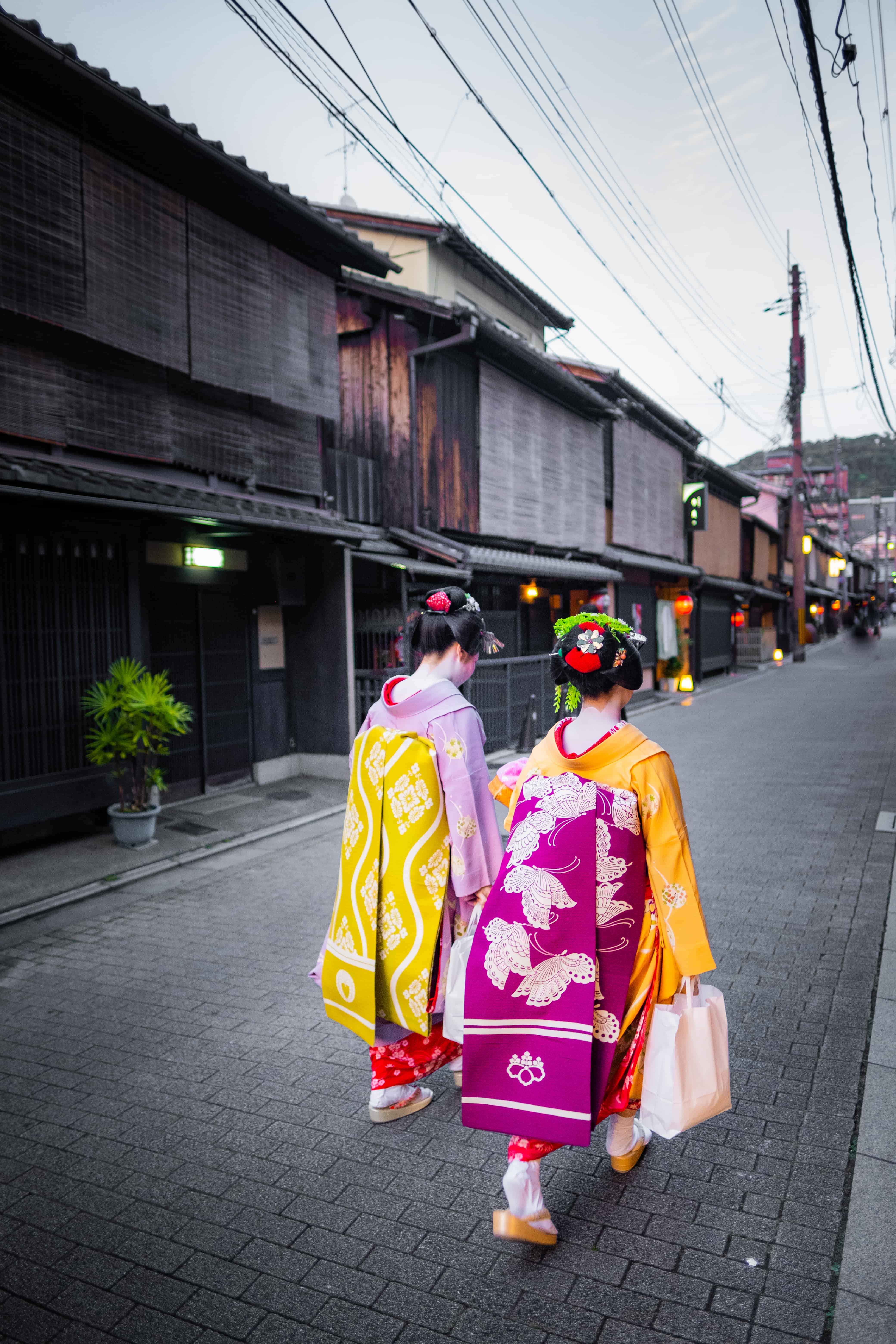
If hiring out a geisha is not in your budget see if you can spot them around the city. Gion, in Kyoto, is the traditional geisha district in Japan, and it is here that you have the best chance of seeing one going to or from an appointment. We saw about 40 in one night by just hanging out in Gion on a Saturday night and spotting them walking to and from tea house to tea house. Quite an amazing experience!
I was also able to see Geiko at Setsubun Celebrations in Kyoto before, Kabuki Theatre in Gion, and having dinner at Enchanted Time with Maiko. If you’re interested in learning more about Geisha, I suggest reading Geisha, A Life, or if you want the Hollywood/entertainment version, try Memoirs of a Geisha.

Our Recommendation For Travel Insurance

We don’t travel without travel insurance, and neither should you. You never know what can happen in a foreign country, and it’s best to be prepared. HeyMondo offers excellent short and long-term travel insurance policies.
MORE TRAVEL AROUND JAPAN
We hope you enjoyed these Japan travel tips! For more travel around Japan, see below.
[ad_2]
Source link




















